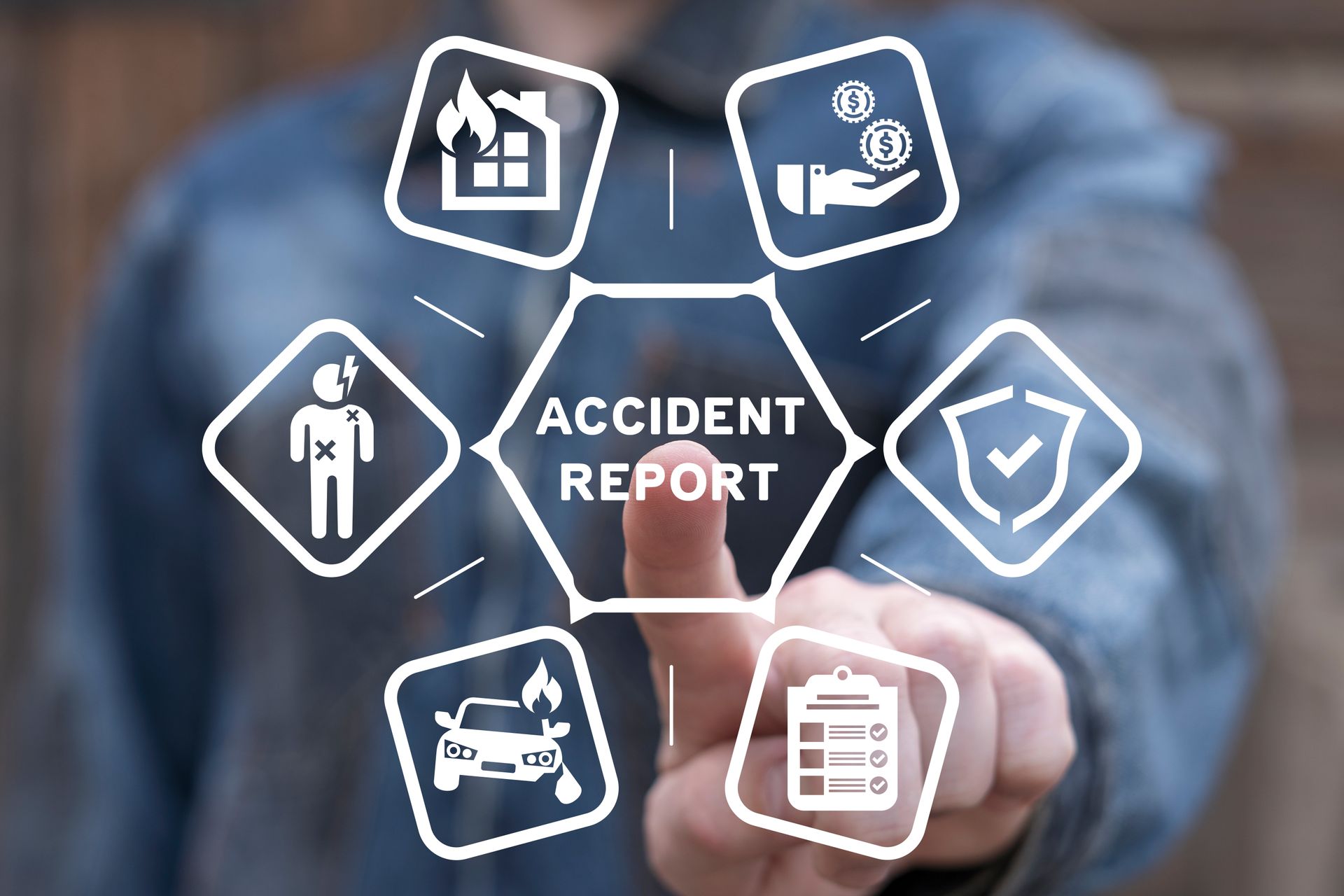September 12, 2025
When you've been injured in a car accident caused by someone else's negligence, you deserve fair compensation for your losses. However, getting the maximum settlement from insurance companies is rarely straightforward. Insurance adjusters are trained to minimize payouts, and often take advantage of accident victims who don't understand their rights or the true value of their claims. This is where an experienced car accident attorney becomes invaluable. At Sarkisian Law Offices , we understand the tactics insurance companies use, and we know how to counter them effectively to maximize your car accident claim. Our team has helped countless accident victims recover the full compensation they deserve, and we're committed to fighting for your rights every step of the way. Understanding the True Value of Your Car Accident Claim Don't settle for the first offer from auto insurance companies, as it's often far below your claim's worth. A skilled car accident lawyer evaluates your claim comprehensively, considering all the ways the accident has affected your life. They work with medical experts to project future medical needs, ensuring your settlement covers ongoing treatment and rehabilitation. They also calculate lost wages and reduced earning capacity, including long-term impacts. Additionally, lawyers effectively document and present pain and suffering claims, demonstrating the accident's impact on your quality of life. By hiring an experienced attorney, they'll seek fair compensation for both tangible and intangible losses. This approach helps you receive the maximum settlement you deserve, covering current and future needs. How Insurance Companies Try to Reduce Your Settlement Insurance adjusters are not on your side, despite how friendly and helpful they may seem. Their job is to save their company money by paying out as little as possible on claims. One of the most common tactics is to make a quick settlement offer before you fully understand the extent of your injuries or have had time to consult with an attorney. These offers are almost always far below the true value of your claim, but they're presented as generous and time-sensitive to pressure you into accepting. Insurance companies often claim that your medical treatment was unnecessary, excessive, or unrelated to the accident. They may argue that you had pre-existing conditions that caused your current problems, or that you're exaggerating your symptoms. They also might use delay tactics, hoping financial pressure will force you to accept a lower settlement. The insurers may claim they need more documentation, request unnecessary medical examinations, or simply take their time responding to communications. Insurers might try to blame you for the accident, as partial blame allows them to reduce their liability and your compensation. Never accept wrongful accusations of blame, as it can deprive you of what you deserve. When you have a car accident attorney handling your case, these delay tactics become less effective. Your lawyer can apply pressure to move the case forward and ensure that delays don't work against you. The Investigation Process That Builds Strong Cases One of the most important ways a car accident lawyer maximizes your claim is with a thorough investigation. The more evidence your attorney can gather to support your case, the stronger your position becomes in settlement negotiations. Accident Scene Analysis Even if the police investigated your accident, your attorney will conduct their own investigation. This might include visiting the accident scene, taking photographs, measuring skid marks, and identifying factors contributing to the crash. Sometimes this investigation reveals evidence that wasn't included in the police report, such as traffic signal timing, road conditions, or visibility issues that help prove the other driver's fault. Witness Statements Witness testimony can be invaluable in car accident cases, especially when there's a dispute about how the accident happened. However, witness memories fade over time, and people move away or become harder to contact. Car accident attorneys move quickly to identify and interview witnesses while their memories are still fresh. They know how to ask the right questions to get useful information and how to document witness statements in a way that will be persuasive to insurance companies or juries. Expert Analysis Complex car accident cases often require expert testimony to explain technical aspects of the crash, such as vehicle speeds, impact forces, or mechanical failures. Car accident lawyers have relationships with qualified experts who can analyze the evidence and provide professional opinions that support your case. This expert analysis is particularly important in cases involving serious injuries, commercial vehicles, or disputed fault situations. Negotiation Skills That Get Results Insurance companies negotiate car accident settlements every day. They have experienced adjusters and attorneys who know how to minimize payouts. To get fair compensation, you need someone on your side who understands the negotiation process just as well. Presenting a Compelling Case Effective negotiation starts with presenting your case in the strongest possible way. This means organizing all the evidence, medical records, and documentation in a format that clearly shows the other driver's responsibility and the full extent of your damages. Car accident attorneys know how to present this information persuasively, highlighting the strongest aspects of your case while addressing any potential weaknesses before the insurance company can exploit them. Understanding Settlement Timing Knowing when to negotiate and when to wait is vital in car accident cases. Settling too early might mean accepting less compensation than you deserve, but waiting too long can sometimes weaken your position. Experienced car accident lawyers understand the factors that affect settlement timing and can advise you on the best strategy for your specific situation. Leverage in Negotiations Insurance companies are more likely to offer fair settlements when they know you're represented by an attorney who's willing and able to take the case to trial if necessary. This gives your lawyer leverage in negotiations you wouldn't have on your own. Choose Sarkisian Law Offices to Maximize Your Indiana Car Accident Claim Sarkisian Law Offices, maximizes compensation in car accident claims by understanding the local legal system and building strong cases. We take a personal interest in each case, working on a contingency fee basis, so you only pay legal fees if we win. We'll protect your rights, handle legal details, and fight for the settlement you deserve. Contact us today at 219-942-7171 or online to learn how we can pursue the compensation you need to move forward. Let us advocate for you while you focus on recovering from your accident.







